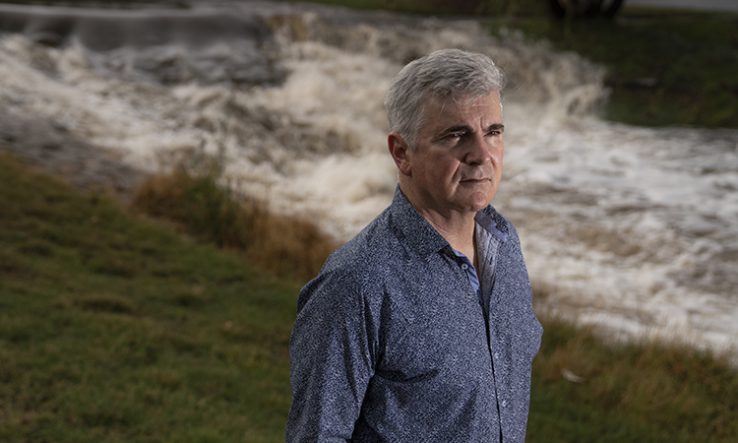
Image: Australian National University
Latest IPCC report shows gaps in global climate change response and understanding
Australia has become a “laggard” in climate change research over the past 10 years, according to one of the authors of the latest global climate change report.
A Synthesis Report published by the Intergovernmental Panel on Climate Change on 20 March warned that globally, “the pace and scale of what has been done so far, and current plans, are insufficient to tackle climate change”.
Mark Howden (pictured), an Australian National University professor and vice-chair of an IPCC working group on impacts and adaptation, said the report highlighted inequities where people who had contributed the least to climate change were likely to be the most impacted. Intergenerational inequities mean that children born now will experience “three to four times more extreme climate events than their grandparents”.
“We’re leaving behind a world that is less safe than the world that we inherited,” he said.
Mixed performance
As the focus of research broadens to include adaptation, Howden said that “effective research and development” would be needed to address barriers to behavioural change.
However, he told Research Professional News: “Australia’s spend on research and development is falling and it’s well below that of our peers in terms of the OECD, so we’re well behind the eight ball.”
Australia’s research performance on climate change is “quite mixed”, with specific areas supported by government initiatives and even funding for “scaling up” products, he said.
“But if we look at the adaptation domain, we’re lagging significantly there. If we go back a decade, we were world leaders; now we’re world laggards, or at least lagging.”
He concluded: “There’s a very significant step we can make there.”
Enormous effort needed
While the IPCC report does not comment on individual countries’ performance, Howden said that figures on increased droughts, floods and heatwaves could be applied to Australia.
His ANU colleague Frank Jotzo, a member of the report’s writing team, said that holding global temperature rises to 1.5C “requires an enormous effort and an enormous turnaround…We do not see that in any country and we do not see it in Australia either.”
The report reiterates the need to not use all the available fossil fuel resources, and it canvasses the use of a wide range of mitigation strategies.
A recent Australian Academy of Science report on “negative emissions” technologies found that Australia had advantages including a large land area for potential carbon storage, “world-leading” renewable energy potential and advanced research capability to develop solutions.